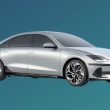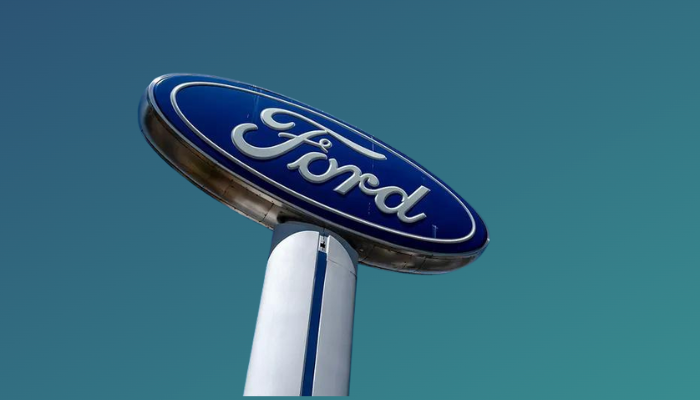Ford has revised its electrification strategy, making significant changes to its upcoming vehicle lineup. The company has decided to cancel its planned electric three-row SUV, opting instead to focus on hybrid technology for its future large SUVs.
This shift comes as Ford aims to balance cost-effectiveness and customer demand, with hybrids now set to power the next generation of three-row SUVs and potentially the F-series Super Duty pickups.
Additionally, Ford is pushing back the production start for its next-generation electric truck, code-named Project T3, to the second half of 2027.
The company is also introducing a new commercial electric van in 2026, with production scheduled at the Ohio Assembly Plant. The delay in the electric truck allows Ford to integrate advancements in battery technology and cost efficiencies.
Ford’s latest strategy includes a reduction in annual spending on fully electric vehicles from 40% to 30% and a shift to hybrid solutions for larger vehicles.
This move reflects the company’s broader goal of achieving profitability with its new models within their first year of launch.
The changes will result in a non-cash charge of about $400 million and potentially up to $1.5 billion in additional costs.
Despite these adjustments, Ford remains committed to its electric vehicle offerings, with continued sales of models like the F-150 Lightning and Mustang Mach-E.
The company plans to provide more details on its updated product roadmap in a broader “EV Day” event scheduled for next year.












